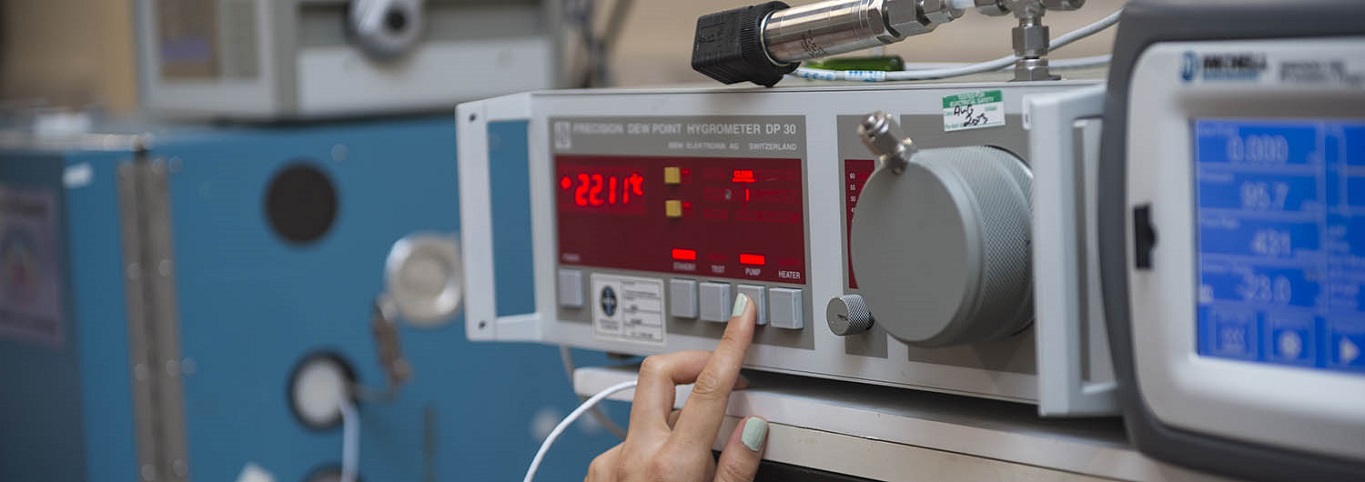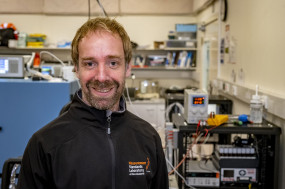Humidity and Moisture Calibration Workshop
Training course
This practical one-day course will introduce you to humidity generation, calibration and measurement, along with the conceptual framework for understanding the various limitations in humidity measurements.

Overview
Humidity is often a critical measurement. For example, in the export of food there is an increasing risk of products being rejected or spoilt through inadequate humidity control during storage or transit. Humidity is the second most important parameter, after temperature, to be considered in the product cycle. Poor humidity control can lead to poor quality, poor shelf life or weight loss, as well as poor energy usage.
Note: This workshop will only proceed with sufficient numbers. If we need to cancel, you will be notified three weeks before the start date.
Course fees:
-
$1,120 for each of the first two attendees from an organisation, and
-
$784 for each additional attendee
Presenters

Stefaan Janssens
Senior Research Scientist | Temperature and Humidity
Stefaan grew up in Belgium where he completed a Masters in Engineering Physics at Ghent University. In 2008 he moved to New Zealand to start his PhD in Physics at Victoria University of Wellington. During this time he investigated new materials for all optical switching and amplification. After completion of his PhD in 2013, he started as a Research Scientist in the Advanced Materials group at Callaghan Innovation. Stefaan worked on a variety of projects ranging from the development of high resolution spectrographs to the characterisation of new materials. He dedicated significant time on the development and characterisation of novel fibre optic humidity and temperature sensors. Stefaan joined MSL in June 2021 as a research scientist in the temperature and humidity team.
Outline
The Course is Suitable For:
The course is relevant to any personnel who use or check relative humidity, dew point or other hygrometers as part of laboratory testing, plant installation or monitoring and maintenance tasks. Staff involved in laboratory accreditation and QA programmes will find it especially useful.
General Programme and Learning Outcomes
The course focuses on the use, care and calibration of thermometers. Topics include:
- Humidity concepts and definitions
- Methods of humidity measurement
- Selection and use of hygrometers
- Humidity generation and standards
- Calibration and traceability
- Recommended practices
Course Qualification:
Students will receive a course attendance certificate.
Date and Venue
To be scheduled
Lower Hutt
Callaghan Innovation
Alan MacDiarmid Centre
69 Gracefield Road, Gracefield
Lower Hutt 5010
0800 422 552
- Free Parking
- Report to Reception
- Approximately 45 minutes drive from Wellington Airport and 30 minutes from Wellington CBD
Course Times
- 8:30 am – 9:00 am
Welcome tea and coffee
- 9:00 am – 5:00 pm
This course commences at 9:00 am sharp and is expected to end by 5:00 pm.
Catering
Catering includes Morning Tea and Lunch. Please indicate dietary requirements on the registration form.
